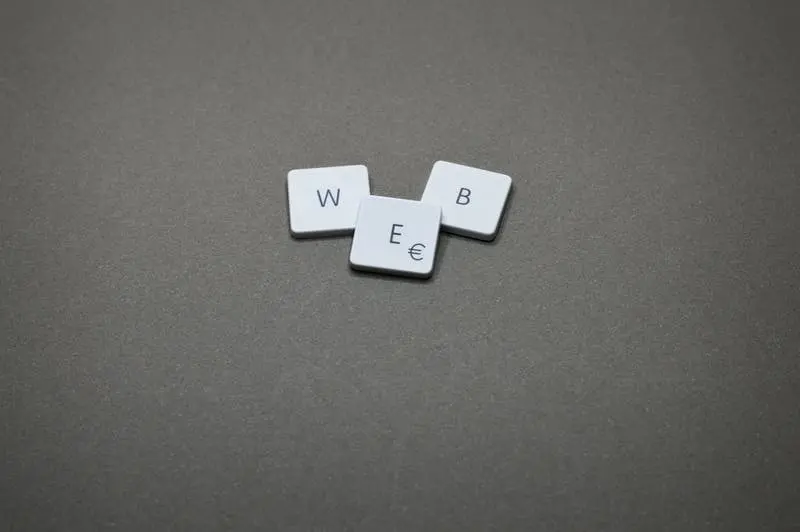Web3 is a concept that is currently generating a lot of buzz in the business technology community.
In the simplest of terms, we’re on our way to the third iteration of the internet, following the world-wide-web (which gave us web pages) and social media (which bought us user-generated content).
Become an insider. Subscribe to our newsletter for more top trending stories like this!
Although there is much debate about what web3 will be, a short summary is that it should be decentralized, trustless, permissionless, autonomously managed by artificial intelligence (AI), and built on blockchain technology.
So, there’s certainly a lot of buzz surrounding the concept, but it’s not clear how much value it’s creating. Indeed, some have expressed concern that we are on the verge of a situation similar to internet 1.0 in the final years of the twentieth century. This would put us on a collision course with another “bubble-bursting” crash, similar to the 2000 dot-com crash.

Let’s look into this a little more closely. To begin with, if it is true, is it truly a terrible thing? After all, the dot-com bust resulted in the creation of the internet as we understand it today. Yes, many investors and venture capitalists lost millions, but did it have that much of an impact on the average person’s day-to-day life? It’s certainly up for debate.
This time, however, things are a bit different. Following the dot-com bust, several businesses that had already established themselves as having viable business concepts that would set the foundation of the internet in the twenty-first century were able to prosper and grow truly. We’re referring to companies like Google and Amazon. Perhaps even SixDegrees, often cited as the first social network, which may no longer exist but undeniably laid much of the groundwork for MySpace and then Facebook.
The issue here is that there does not appear to be a web3 equivalent of these trailblazing innovators. That is, businesses that are adding real value through new business models and use cases would not be possible without this latest installment of the online experience.
Become an insider. Subscribe to our newsletter for more top trending stories like this!
The way we see it, there’s a little mismatch between the frenzy and reality. The internet first appeared in the late 1960s, but it wasn’t until the world wide web appeared in 1991 or 1992 that we had the ‘killer app’ for the internet. Email was helpful, but it was not a game-changer.

Non-fungible tokens (NFTs) provide digital assets with scarcity and uniqueness. This appears to be a game-changer in a world where the metaverse is real. In such a world, wouldn’t anything – from a house to a pair of shoes – have to be unique?
What about Cryptocurrency? Does this imply that web3 is also in its early stages?
DAOs (Decentralized Autonomous Organizations) could be a revolutionary idea, but everything associated with the web3 concept is indeed in its early stages right now. The web3 revolution could kickstart the process we’ve been promised. If web3 can genuinely solve problems like the massive infrastructure requirements of running existing organizational and financial systems and the reliance on trust to hold it all together, it could be a game-changer.
Become an insider. Subscribe to our newsletter for more top trending stories like this!





